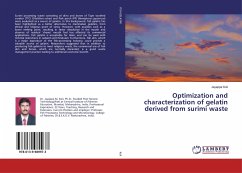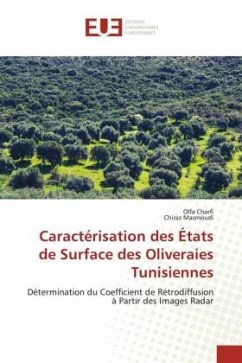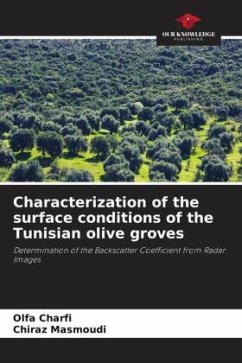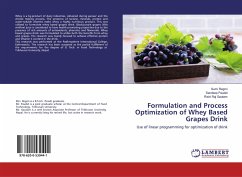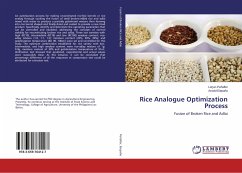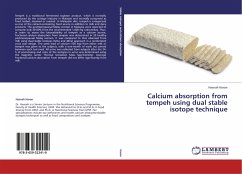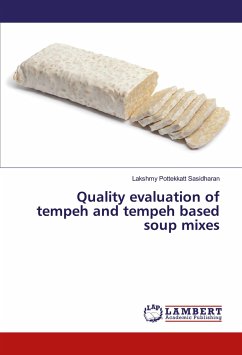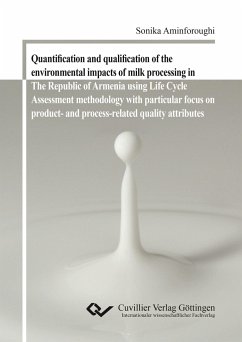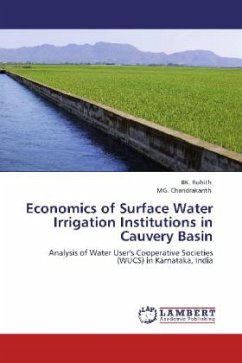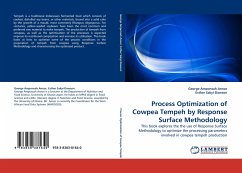
Process Optimization of Cowpea Tempeh by Response Surface Methodology
This book explores the the use of Response Surface Methodology to optimize the processing parameters involved in cowpea tempeh production
Versandkostenfrei!
Versandfertig in 6-10 Tagen
45,99 €
inkl. MwSt.

PAYBACK Punkte
23 °P sammeln!
Tempeh is a traditional Indonesian fermented food which consists of cooked, dehulled soy beans, or other materials, bound into a solid cake by the growth of a mould, most commonly Rhizopus oligosporus. For centuries, yellow-seeded soybeans have been the most common and preferred raw material to make tempeh. The production of tempeh from cowpeas, as well as the optimization of the processes is expected improve its nutritional composition and increase its utilization. This book looks at how to optimize some of the process conditions in the preparation of tempeh from cowpea using Response Surface...
Tempeh is a traditional Indonesian fermented food which consists of cooked, dehulled soy beans, or other materials, bound into a solid cake by the growth of a mould, most commonly Rhizopus oligosporus. For centuries, yellow-seeded soybeans have been the most common and preferred raw material to make tempeh. The production of tempeh from cowpeas, as well as the optimization of the processes is expected improve its nutritional composition and increase its utilization. This book looks at how to optimize some of the process conditions in the preparation of tempeh from cowpea using Response Surface Methodology and characterizing the optimized product.



